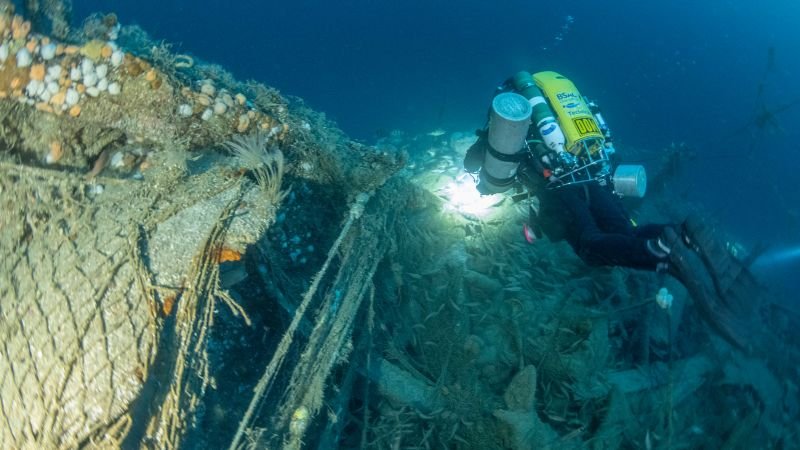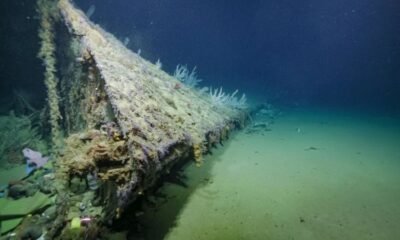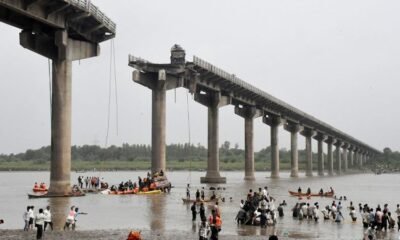CNN
—
A 19th century ship that sank nearly 140 years ago has been found “frozen in time” off Britain’s coast.
Twenty-three crew members died when the SS Nantes sank off the coast of Cornwall in November 1888, but the whereabouts of the wreck have remained a mystery – until now.
The incredible discovery was made after deep sea diver Dom Robinson found a piece of crockery amid the watery remains.
Back on land, Robinson, 53, saw the broken plate bore the stamp “Cunard Steamship Company,” which helped identify the stricken vessel through information available online.
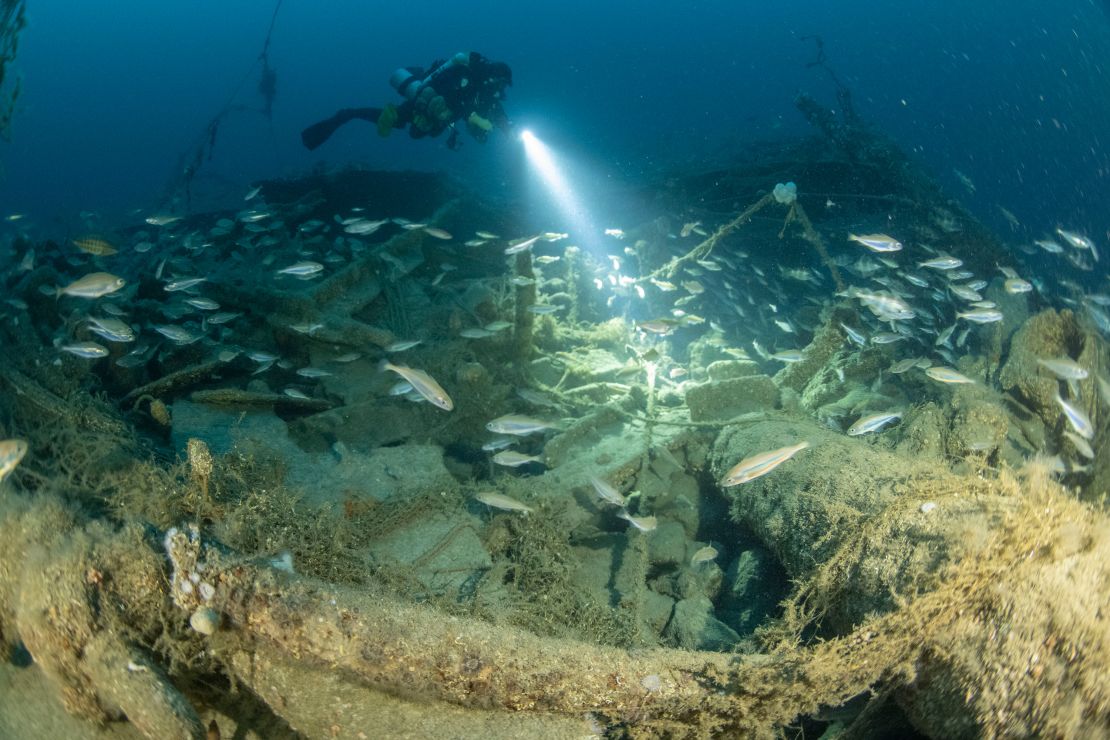
It turned out he and a team of fellow divers had been exploring the SS Nantes, which had been a 14-year-old cargo ship at the time of its demise, according to Harry Bennett, a history professor and maritime expert from the University of Plymouth.
“Nantes is one of those vessels that’s been known about but has been lost for a long period of time,” he told CNN Friday.
Conditions were poor that fateful day when the steam ship was hit by German sailing vessel Theodor Ruger.
“It pierces the side of the Nantes and tears a big hole into its side,” said Bennett. “For several hours, the crew tried to save their ship using all manner of materials to try and fill the hole, including mattresses. But eventually they lose that fight and the ship goes down very rapidly.”
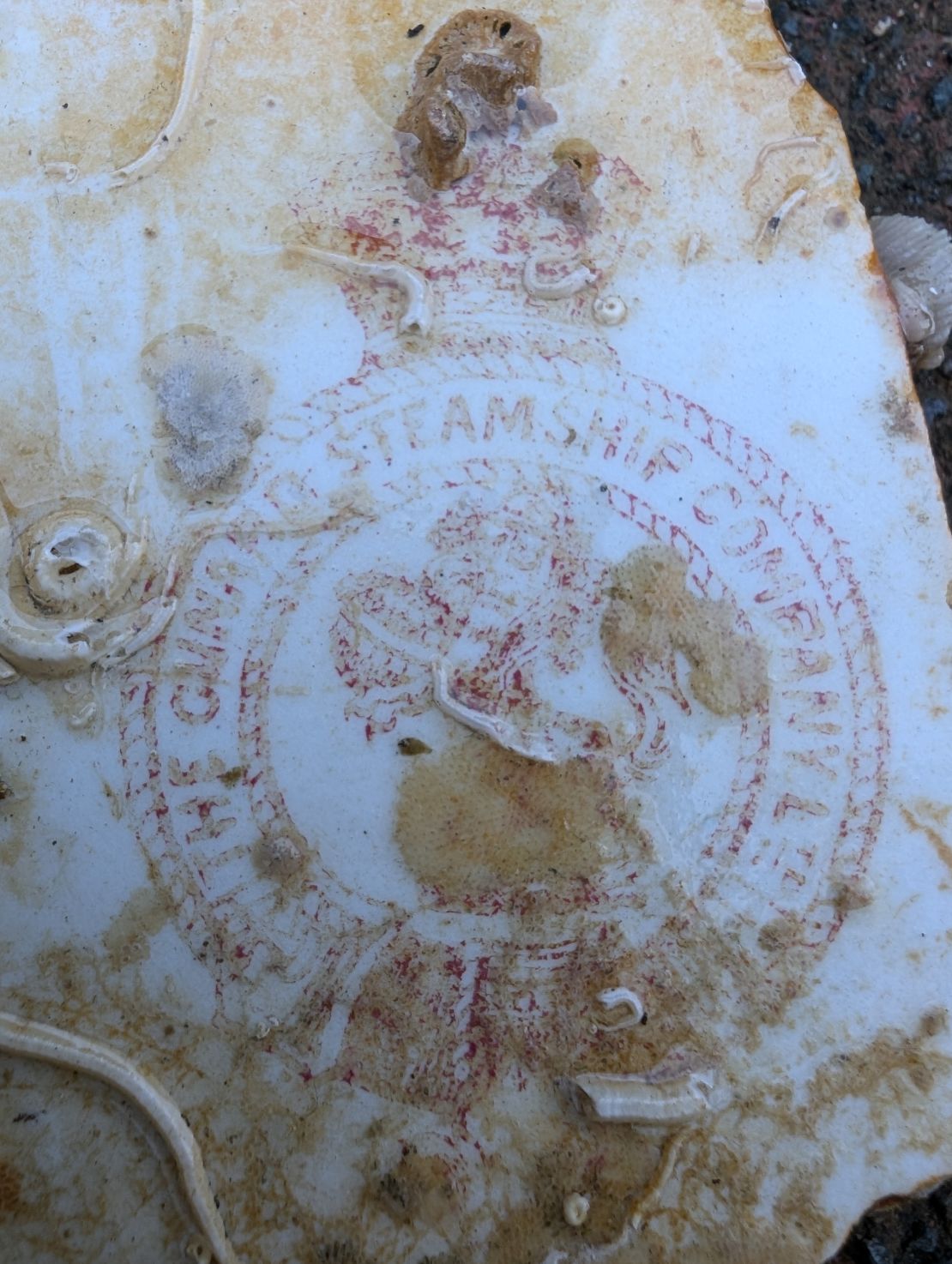
The two boats were “briefly locked together” before sinking, Bennett said. The collision damaged Nantes’ lifeboats, which meant the crew were unable to escape. Only three people survived, including one man found at sea and two who jumped off the ship.
“The Theodor Ruger also goes down but her lifeboats are in better condition, so even though she loses a few crew members, the majority get away in lifeboats and are saved – including two guys who scrambled off the Nantes,” Bennett added.
Robinson, who shared the story on his YouTube channel, told CNN the wreck was discovered at a depth of 75 meters (246 feet) in the English Channel, 30 miles south-east of Plymouth last Fall.
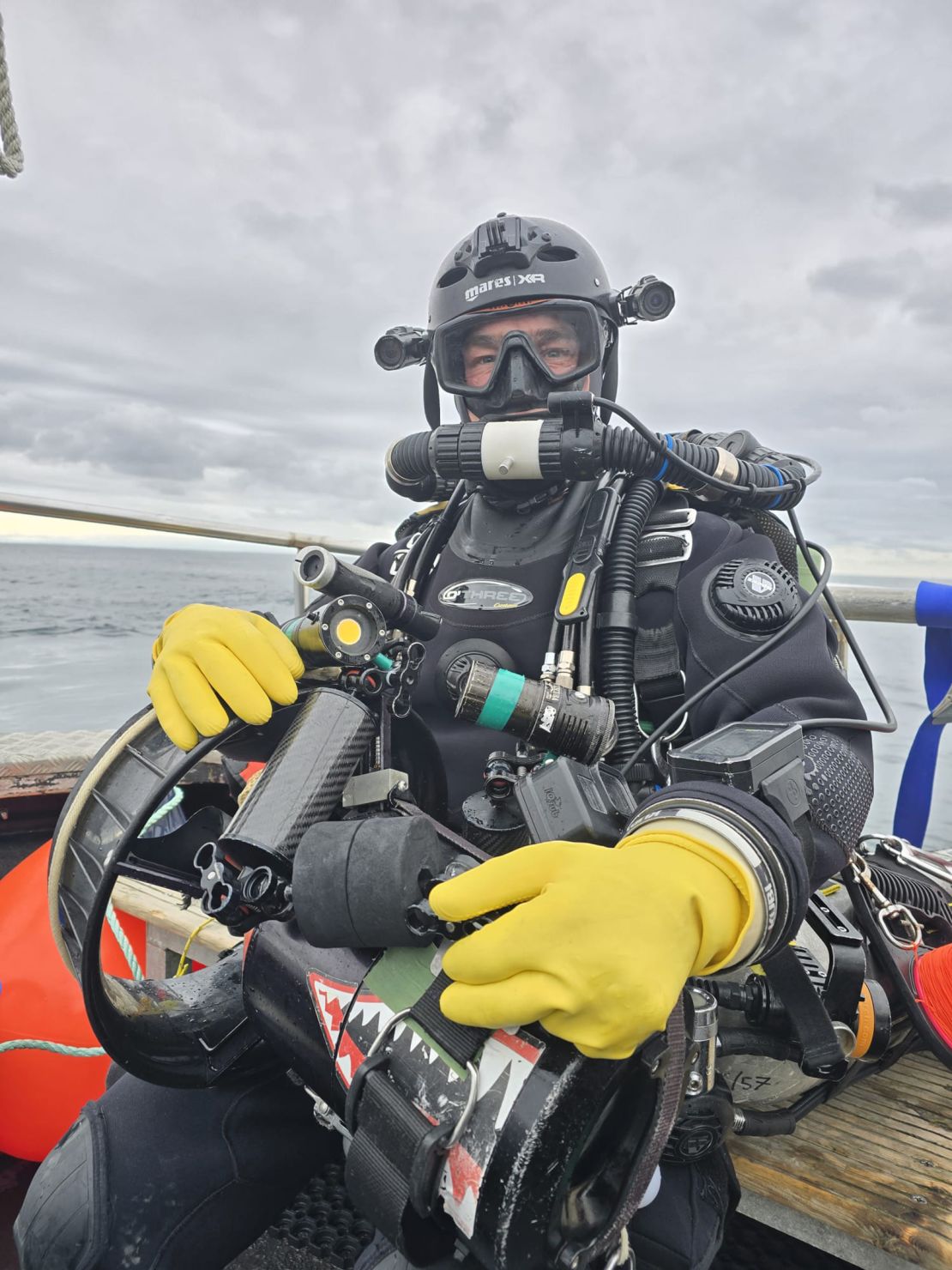
“When you go down on wrecks, you look for things that might identify them,” Robinson said. “It was right at the end of my dive and I’d found nothing so was a bit despondent.”
But then he saw the broken plate, which proved to be a “massive clue towards identifying” the vessel, he said. When Robinson dived the site again earlier this year, a second plate branded with the logo was found.
Together with other details of the wreck – such as its build and dimension – the plate helped confirm the ship’s identity.
“Every wreck is a time capsule,” Bennett said.
“When that wreck goes down, things are frozen in time, in the mud and in the surrounding areas. We get these little insights into what life onboard must have been like. The idea that you’re looking at a plate that crewmen might have had their last meal on is very, very poignant.
“We suddenly find ourselves revisiting a tragedy from 1888, of coming to terms with that kind of horror that tells us a story about life in the maritime world in the late 19th century.”
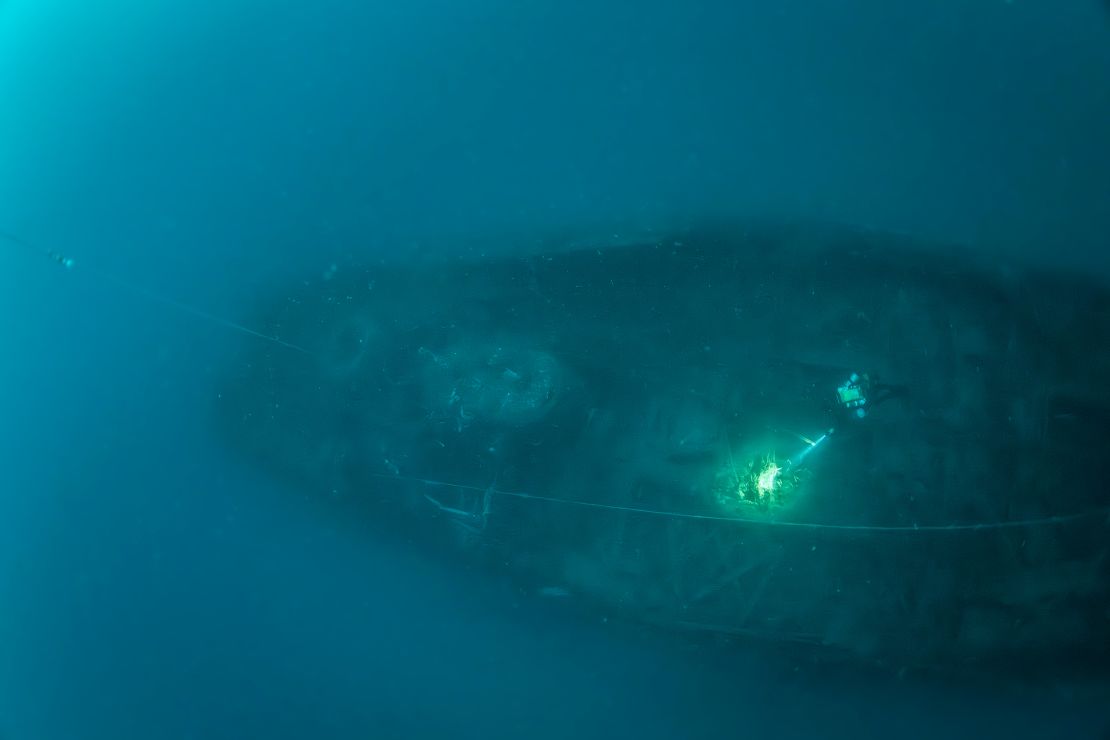
Part of the motivation for deep diving on shipwrecks is the detective work, as well as the opportunity to explore final frontiers, Robinson said.
“For a normal person like myself, there is nowhere left to explore – there’s no more mountains left to go to, no more continents that haven’t been found. The only place where you can do something completely out of the ordinary is to go to the bottom of the sea and explore and find things and identify them,” he added.
“I get a huge buzz out of that and in the UK we are so fortunate because around our shores are probably more wrecks than anywhere else in the world. I could probably dive every day for the rest of my life on a new wreck.”

